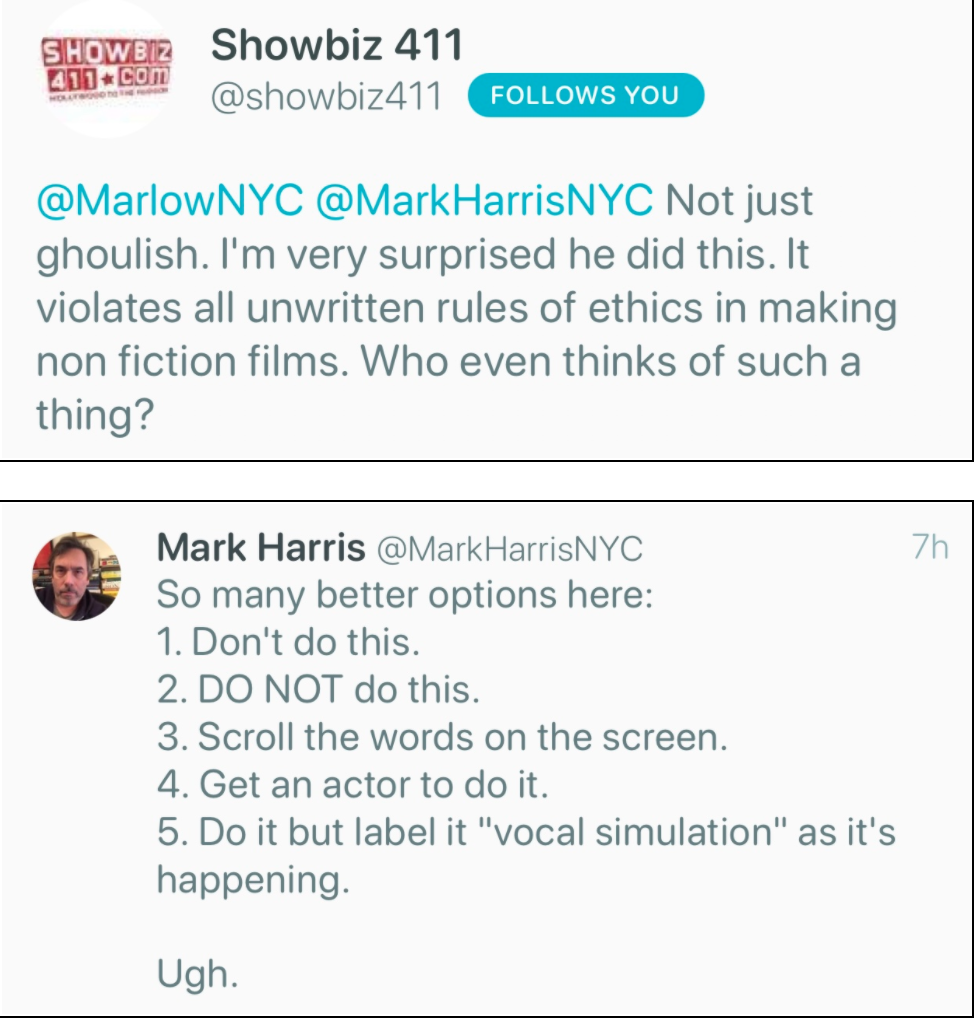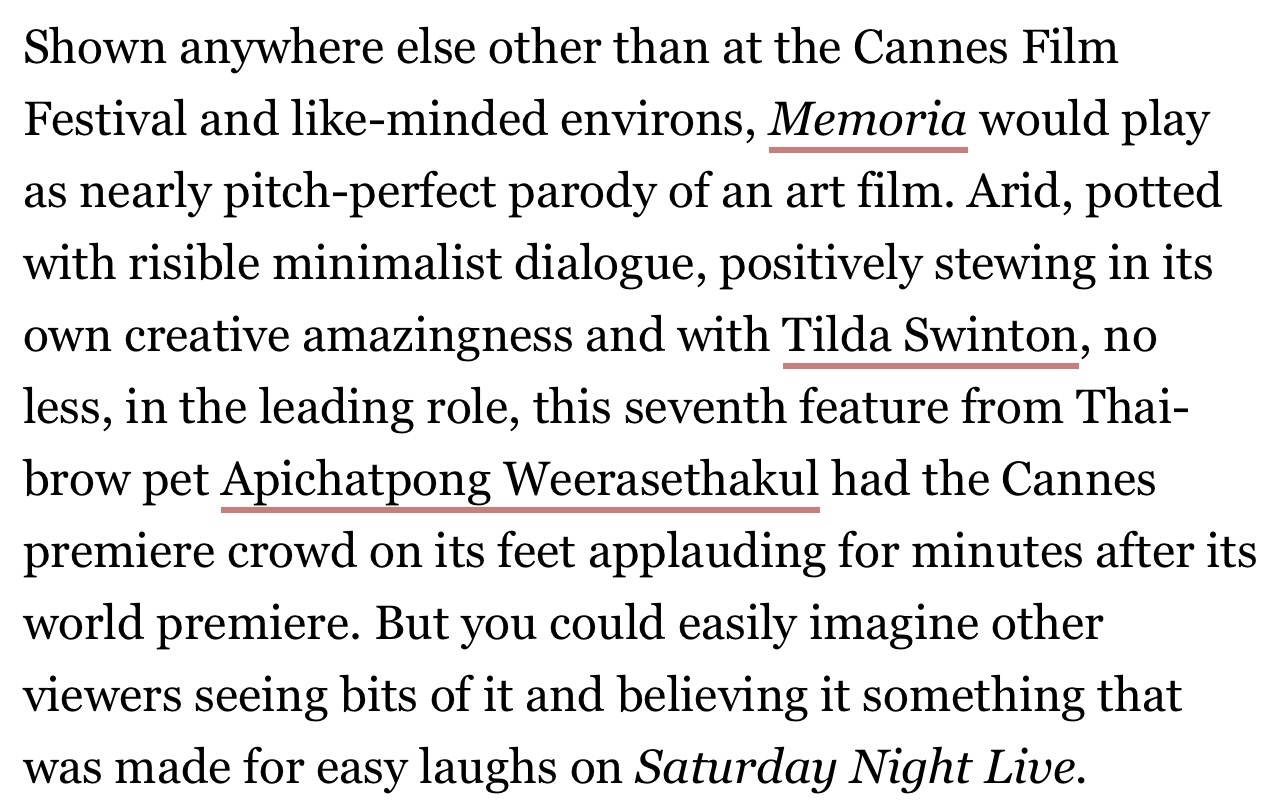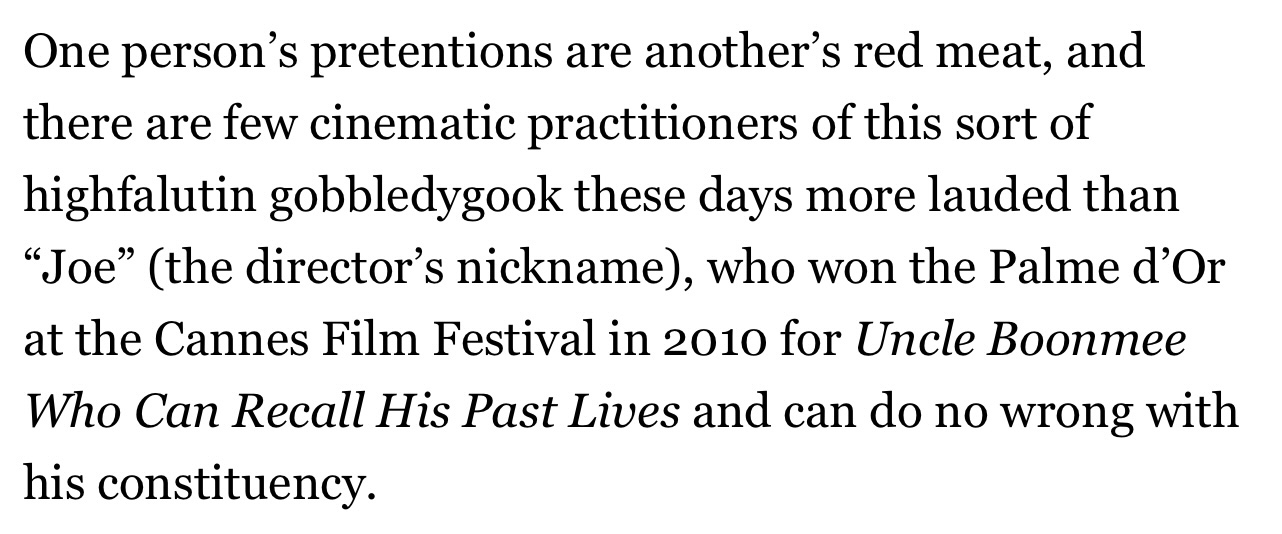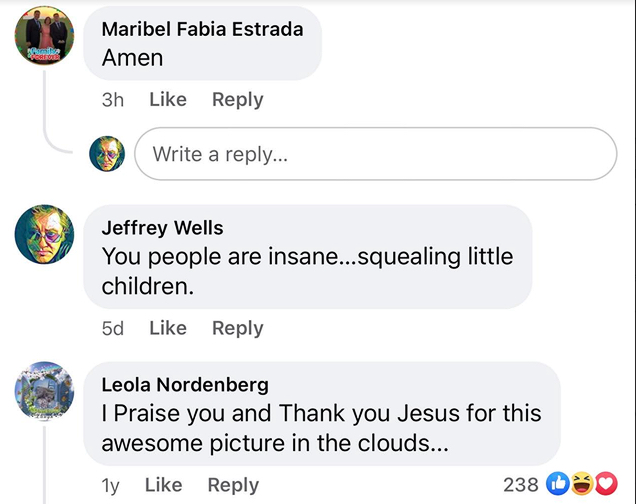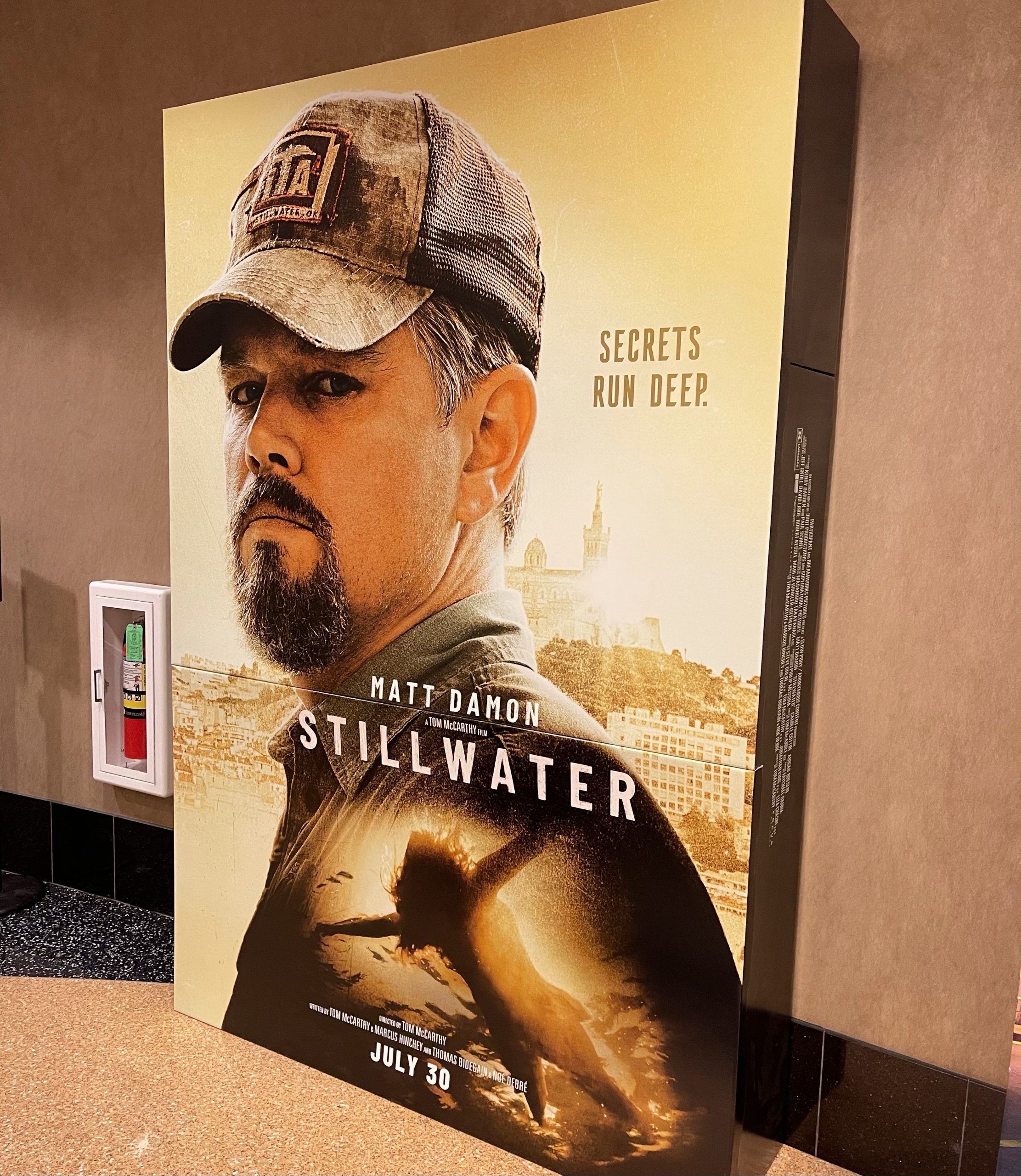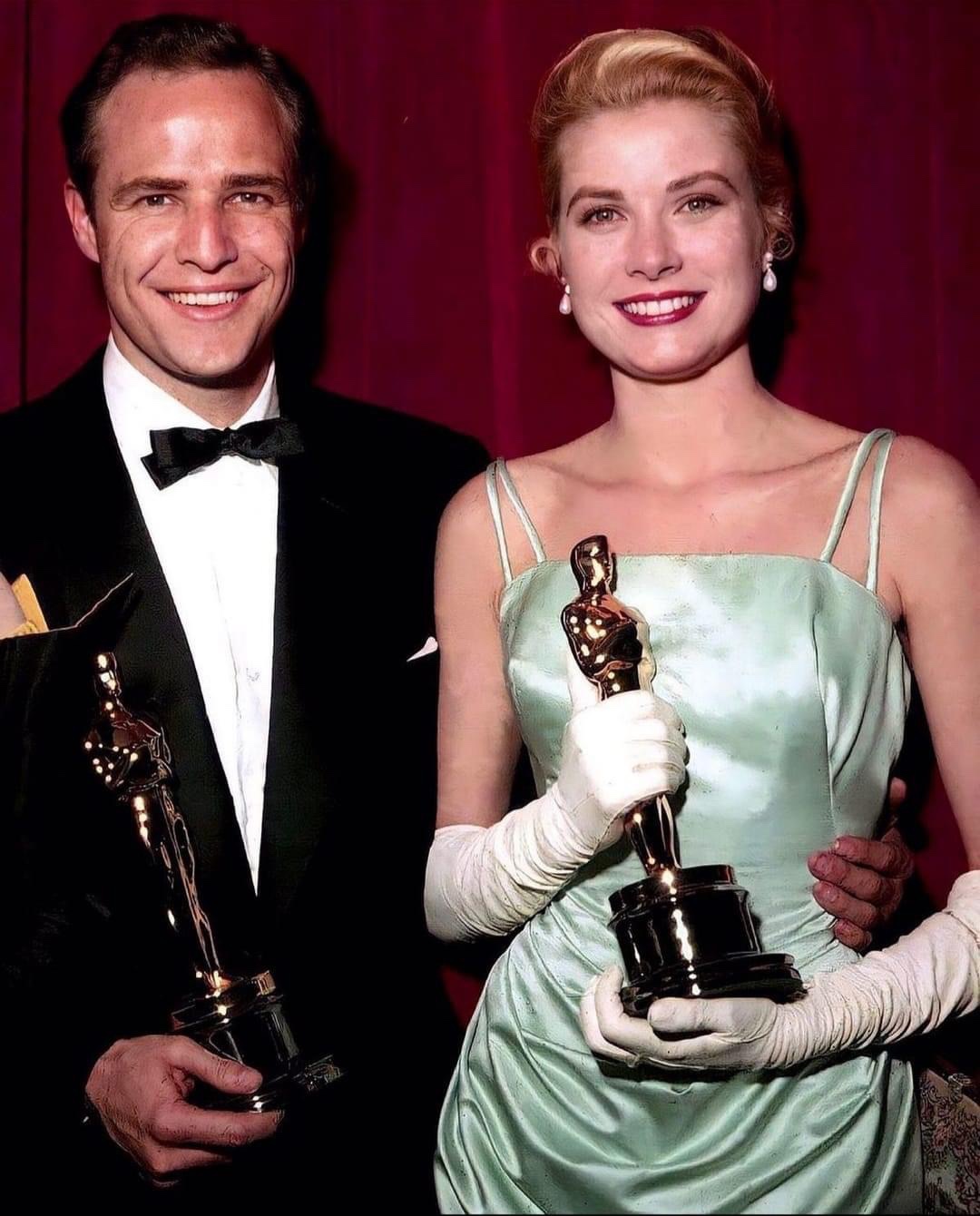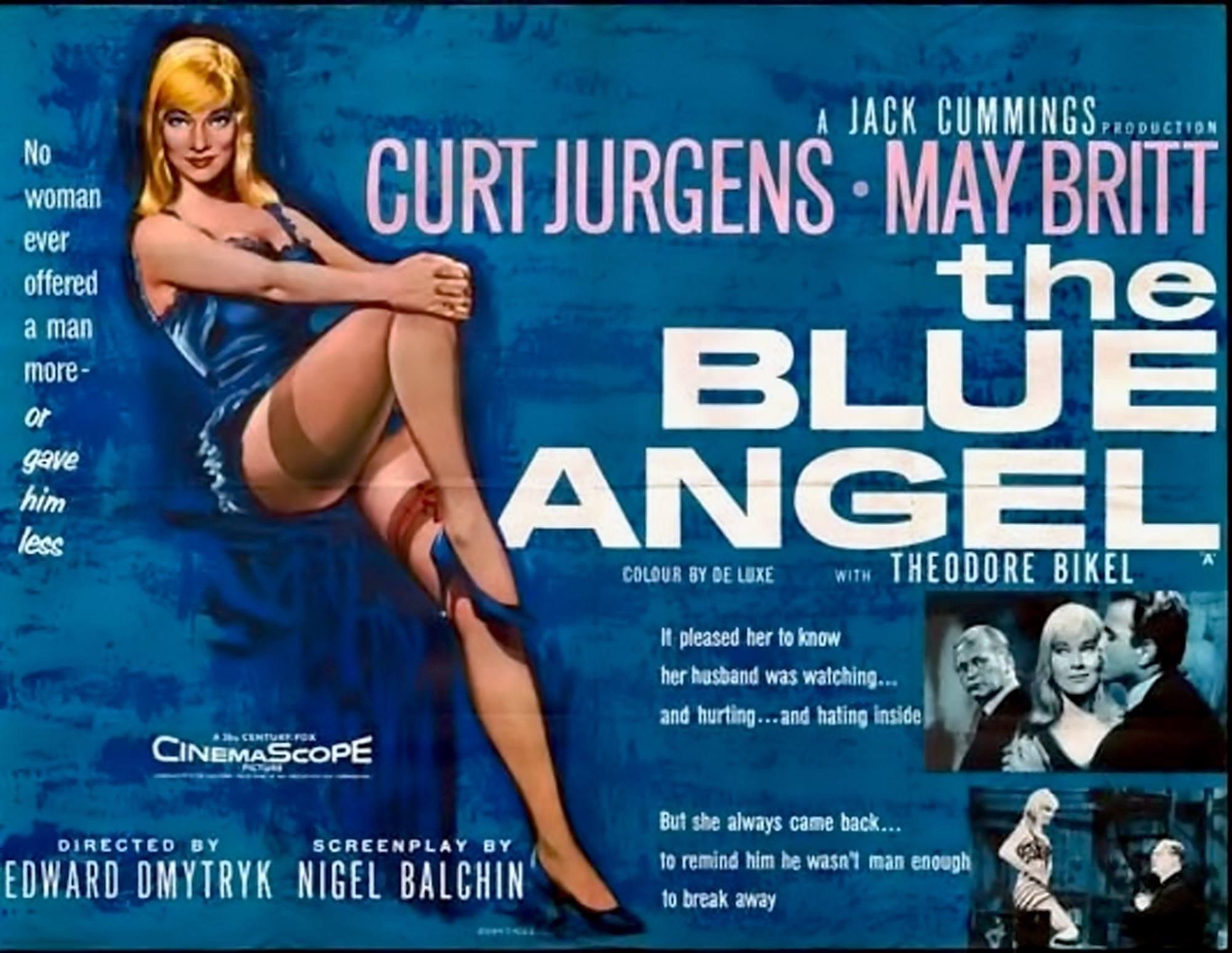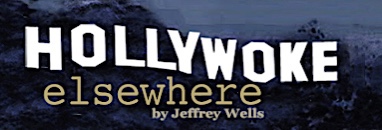Last night I had my second taste of Summer of Soul (Searchlight, 7.2). I had seen it theatrically in late June and had a nice, easy time with it. It’s a very warm and affecting film — a piece of New York-area cultural history I hadn’t sampled before, and was glad to have finally done so.
Shot during the mid-to-late summer of ’69 at the Harlem Cultural Festival, the doc is half…make that two-thirds about music and a third about revolutionary-cultural uplift. Changes were in the air; terra firma was shifting. ’69 was the year, remember, when average African Americans began self-identifying as “black”. And the footage is magnificent. You can almost feel the heat, smell the New York air, grass and trees, the cooked food, the cigar and cigarette smoke and the faint scent of flat, room-temperature beer.
Most of the film — directed by Ahmir “Questlove” Thompson, shot a half-century ago by Shawn Peters, brilliantly edited by Joshua L. Pearson — is focused on the great songs and performances, and is what you might call (for lack of a better term) honky–friendly. Nobody says anything about the legacy of inherently evil whiteys or The 1619 Project or CRT…a blessing! Then it becomes more political and more Black-attuned about the serious consciousness elevations that were happening everywhere in all corners, and then it whips back into a more-or-less pure musical mode at the end.
Last night’s viewing was on Hulu, and it was just as pleasurable as the first time. Stevie Wonder on the drums, Mahalia Jackson uncorked, Nina Simone (I immediately flashed back to Liz Garbus‘s What Happened, Miss Simone?), The 5th Dimension (at age 26 Marilyn McCoo was arguably the dishiest 20th Century pop star who’d ever performed… pure strawberry shortcake), The Staple Singers, Gladys Knight & the Pips, and the orgasmic, thundering, X-factored Sly and the Family Stone — the only group who performed at the Harlem Cultural Festival who looked and posed and performed in a hippie-ish manner…the only organic, live-wire reflection of what had been happening in music and on campuses and in the cities since ’66 or thereabouts.
Festivalgoers are interviewed about their reactions to the 7.20.69 Moon landing, and the all-but-universal reaction was “that’s very nice but we could use some of that money down here in Harlem, because a lot of people are poor and hurtin’.”
Nobody mentions the Woodstock Music and Arts Fair or compares it to the Harlem Cultural Festival (i.e., “the black Woodstock”). It just was what it was on its own terms.
And nobody mentions the hour-long specials of the concerts that were broadcast by WNEW Metromedia (Channel 5) on Saturday evenings throughout June, July and August — 10:30 to 11:30 pm.

